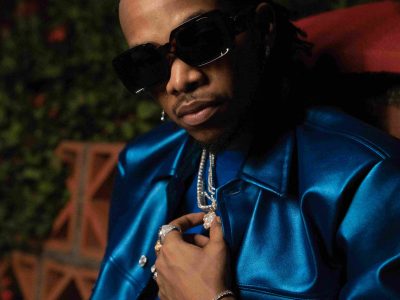Since the 1970s, every June across the United States, musicians, fans, and industry professionals come together to celebrate Black Music Month. This significant event highlights the contributions of Black artists and places Black art at the forefront of American culture, encompassing popular music and beyond.
The Origins and Evolution of Black Music Month
Black Music Month’s roots trace back to 1979, a decade after the Civil Rights era, when President Jimmy Carter designated June as a time to celebrate the cultural and historical significance of Black musicians. The first Black Music Month celebration was held on the White House lawn, marking 2024 as the 45th annual commemoration.
However, the credit for founding Black Music Month doesn’t solely belong to President Carter. Philadelphia soul pioneer Kenny Gamble, along with Cleveland radio DJ Ed Wright and media strategist Dyana Williams, were instrumental in its creation. According to Naima Cochrane of the Black Music Action Coalition, an advocacy organization founded in June 2020, “Black Music Month was originally created to promote, protect, and perpetuate the business of Black music, not just to celebrate it.”
Gamble’s organization, the Black Music Association, was founded in 1978 with the goal of mirroring the influence of the Country Music Association. It aimed to empower Black stakeholders in the music industry, including promoters, retailers, bookers, venue owners, executives, artists, and notable figures like Rev. Jesse Jackson and Motown Records founder Berry Gordy. The original tagline was “Black music is green,” signifying the economic power and profitability of Black music.
Modern Celebrations and Presidential Recognition
Each June, Black Music Month is recognized with a presidential proclamation. In 2024, President Joe Biden emphasized the importance of Black artists and their cultural impact in his proclamation: “During Black Music Month, we celebrate the Black artists and creatives whose work has so often been a tidal wave of change — not only by defining the American songbook and culture but also by capturing our greatest hopes for the future and pushing us to march forward together.”
This year, the celebration includes a Juneteenth concert featuring iconic artists like Patti LaBelle, Gladys Knight, Charlie Wilson, Kirk Franklin, Anthony Hamilton, Brittney Spencer, and Trombone Shorty.
Under the Obama Administration, Black Music Month was renamed African-American Music Appreciation Month, though it has since reverted to its original name. Cochrane notes, “Black Music Month is an acknowledgment that Black music is an original American art form and has influence in almost every other American art form. But it was designed to drive the business of Black music to Black stakeholders.”
Celebrating Black Music Excellence
Over the years, Black Music Month has evolved into a celebration of Black music excellence, observed across media platforms, museums, and streaming services. However, some worry that concentrating the observance into one month might have limiting effects.
Nabil Ayers, label manager at 4AD Records, expressed mixed feelings about Black Music Month: “I always felt conflicted: happy to see the uplifting of Black artists but disappointed that Black Music Month only benefitted superstars (and ostensibly turned the other 11 months over to white musicians).”
Branford Jones, creator of the popular Instagram account They Have the Range, which showcases Black singers, emphasizes the importance of year-round recognition. “For They Have the Range, every month is Black Music Month,” he says. “But it’s important to have a Black Music Month, especially in a time where so many people are trying to erase historical context. … We know how much Black folks have contributed to the world when it comes to music.”
Jones highlights the resilience and adaptability of Black music, as noted in the Hulu series The 1619 Project: “Every single decade, Black music has been able to shift, change, and lead the masses.”
Looking Ahead
As Black Music Month continues to grow in recognition and significance, it serves as a powerful reminder of the enduring influence of Black artists on American culture. With increasing involvement from brands and broader participation from the public, the celebration of Black music’s legacy and future remains vital.
This June, as we honor Black Music Month, let’s not only celebrate the past and present achievements but also commit to supporting and uplifting Black artists every day of the year.

















